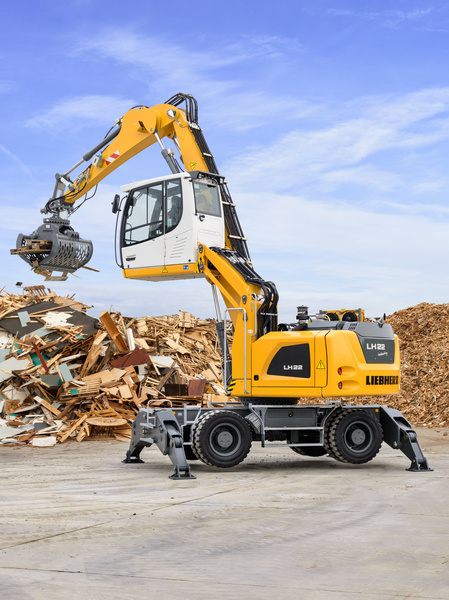Maintaining accuracy
No matter how robust your industrial scale is, over time it becomes less accurate from natural wear-and-tear. Maintaining accuracy is important for both trade and non-trade purposes, including adhering to the load bearing capacity of a machine, or ensuring you have enough of a certain material for a construction project.
When measuring large quantities of material, even a small discrepancy in the scale’s accuracy can result in large deficits or unnecessary surpluses in material being transported. Maintaining the accuracy of earthmoving machinery’s load bearing calculations is essential to preventing overloading-related accidents, or moving material in inefficiently small amounts. Scale inaccuracy often causes product quality to decrease.
In situations where there is an underlying problem beyond natural wear-and-tear causing scale inaccuracy, putting off scale calibration can cause unscheduled downtime and even product recalls.
Read more about the considerations for different types of scales here.
Complying with trade measurement law
Trade measurement law requires “an unbroken chain of calibrations to primary measurement standards… to ensure that measurements are comparable to each other and give industry, researchers, regulators[,] and consumers confidence in the accuracy of measurement results.” Basically, scales should be accurate so we know how much of a thing we’re getting each time we get it.
Australia’s trade measurement transactions are estimated to be worth more than $750 billion each year, so maintaining their accuracy has high monetary value.
As a result, the NMI says instruments must be accurate at all times when used for trade.

The NMI enforces this broad law by sending trade measurement inspectors to conduct audits at places of business with industrial scales, requiring licenced operators like Aptella to help businesses use accurate measuring instruments, and requiring industrial scales be reverified after repair or adjustment.
If for no other reason, it’s important to calibrate and re-calibrate your industrial scale because keeping it accurate keeps your business within the law.
Fairness for you and the customer
Where measuring amounts of material to determine how you charge a customer – whether that be charging for mulch per kilogram, or charging someone to dispose of material at the dump – accurate scales ensure the price is fair. An inaccurate scale means someone is getting ripped off, and in some cases it’s impossible to tell whether you’re under-charging or over-charging until you view a yearly report. Prevent the surprise by calling Aptella on 1800 267 147 and get your industrial scale calibrated.
How regularly?
Where your industrial scale sits on the 6-12 month re-calibration schedule depends on how much stress it’s subjected to. Factors like how much the scale is used, how old it is, and whether it’s moved around regularly can affect how often it needs to be calibrated.
If your industrial scale is kept in a place with dust, fluids, vibrations, static electricity, mechanical shock, temperature variations, power surges, or humidity, it will need calibration more often.
If your industrial scale moves around regularly, it should be re-calibrated regularly, to ensure its location’s differing angle to magnetic north and barometric pressure doesn’t impact how it accommodates to the acceleration of gravity in the area it works within.
A Aptella technician will be able to evaluate how often this is, but if you’re unsure, it’s also a good idea to consult the manufacturer.
Aptella provides scale calibration services!
To schedule regular industrial scale calibration, or even just a one-off, call Aptella on 1800 267 147, and we will provide you with an obligation-free quote.
Wondering what happens when you order industrial scale calibration from us? See our ‘how to’ blog.

We source, deploy and support intelligent positioning solutions to enhance our customers’ productivity.
Aptella Ltd
NZBN 942 904 109 4730
2024 Aptella Ltd | NZBN 942 904 109 4730 | Terms and Conditions | Privacy Policy